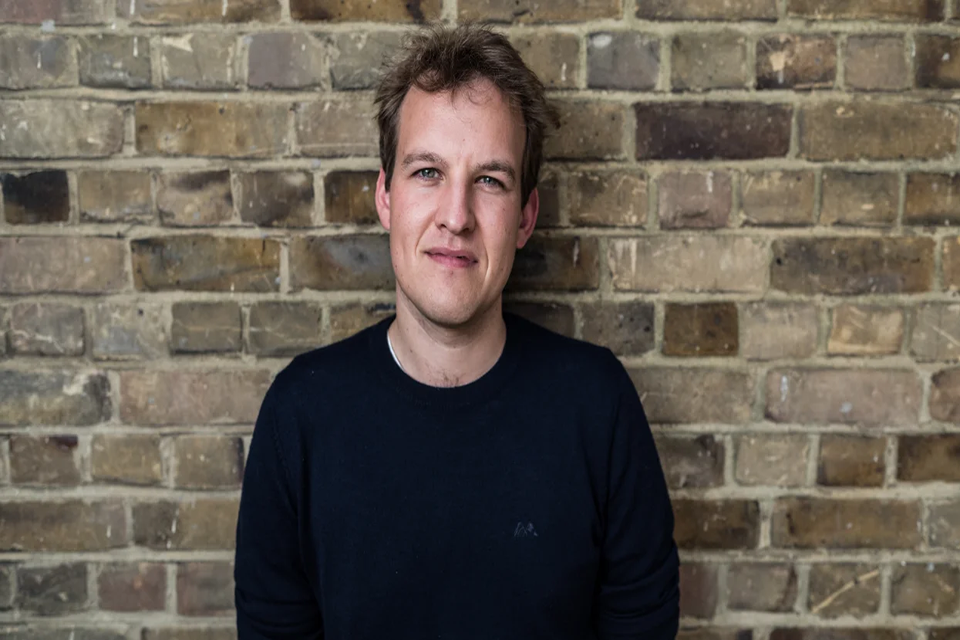Matt Clifford: What does the future of AI look like?
The Prime Minister's Representative for the AI Safety Summit Matt Clifford answers questions about the future of AI.


This week the UK hosts the world’s first global AI Safety Summit, working together to protect the public from the potential risks of frontier AI, while also harnessing the transformative opportunities it brings.
The summit brings together international governments, leading AI companies, civil society groups and experts in research across two days for vital talks on shared AI safety measures.
Already a hub of AI talent, the UK is the right country to host the summit. And as we welcome the world to Bletchley Park for these essential talks, we hope to work towards an agreed path forward.
The UK is not only at the heart of those efforts but is also laying down a serious marker to show the invaluable uses of AI for good.
What is the AI Safety Summit going to achieve?
We have reached a vitally important moment.
AI is expected to continue evolving at rapid speed, and it is essential that we have a global conversation about the future of existing AI models, that have been developed in recent years.
This summit will focus on safety among leading AI companies, particularly the next generation of advanced models and how to develop them in a safe and trustworthy way.
It involves a small and focused number of guests, which will allow expert opinions to be exchanged not just with governments, but with leading AI developers and experts - from academics to CEOs of companies building AI at the frontier.
We know this is one of many conversations to be had to safely capture the promise of this technology, but this summit will bring together the world’s leading representatives to acknowledge the risks posed by the most advanced AI.
How can AI benefit us?
While it is essential that we work together globally to identify and mitigate the risks of AI, it is also crucial that we acknowledge how transformative the opportunities it presents to everyday life are.
For example, the UK is investing heavily in AI and healthcare - including providing NHS staff with technology to diagnose and treat patients more quickly for conditions such as cancers, strokes and heart conditions.
Work is being done on models that can predict the risk of developing health conditions, and to find new ways of treating chronic conditions like nerve pain. Advances in AI could also transform surgeries for brain cancer patients and help doctors detect cases of breast cancer.
AI could also be pivotal in tackling climate change. Certain technology is already being used to help UK industries cut carbon emissions and to increase usage of green renewable electricity in heating our buildings and optimising electric vehicles.
Finally, AI has the potential to support both students and teachers across the country, as well as in the workplace more widely.
With the help of AI, we can make adaptive learning even more powerful to support pupils in the areas they need most help, whilst ensuring we continue to safeguard student and staff data.
We have also seen teachers using generative AI to speed up admin and planning tasks to give them more time doing the things that make the biggest difference for young people.

What are the risks of frontier AI?
The AI Safety Summit will underscore the potential risks of frontier AI.
We define frontier AI as highly capable general-purpose AI models, that can perform a wide variety of tasks and match or exceed the capabilities present in today’s most advanced models.
These models are becoming increasingly capable at a range of tasks, and we are expecting much more powerful models with unknown capabilities to be released next year.
There are two areas where we see the biggest potential risk for the global community: misuse and loss of control.
The first is the risk of these models being misused by bad actors. For example, to exacerbate existing threats like cyber-attacks. The second is where advanced systems act in ways that are not aligned with our values and intentions.
How are we mitigating the risks of AI?
We have convened an urgent conversation with countries, civil society, industry, and academia on how we can identify and mitigate those risks.
These discussions are underpinned by five objectives: a shared understanding of the risks; a forward process for international collaboration; encouraging the development of best practice in safety among frontier AI companies; exploring areas we can work together on AI safety research; and crucially, showcasing how the safe development of AI will allow us to capture the enormous upsides of this technology.
Are we discouraging tech start-ups?
There is no more vocal champion for start-ups than me, and it is crucial we speak about the potential risks of AI while championing innovation in the field.
This summit is focused on the potential risk of frontier AI, which at the moment is being built by a small number of companies with access to enormous resources.
We believe that the companies building systems with potentially dangerous capabilities should be subject to a greater degree of scrutiny.
Companies with a narrower focus should be free to innovate.